Without the potato, the balance of European power might never have tilted north
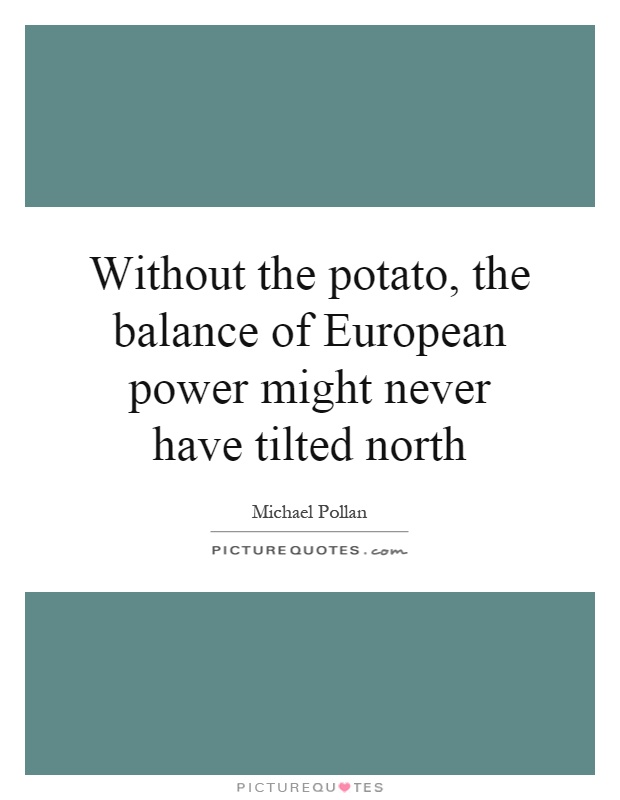
Without the potato, the balance of European power might never have tilted north
In his book "The Botany of Desire," Michael Pollan explores the intricate relationship between humans and plants, highlighting how certain plants have shaped human history and culture in profound ways. One such plant is the potato, which Pollan argues played a crucial role in shifting the balance of power in Europe towards the north.The potato, originally native to the Andes region of South America, was brought to Europe by Spanish conquistadors in the 16th century. Initially, the potato was met with skepticism and even disdain by Europeans, who viewed it as a lowly and unappetizing food. However, as Pollan explains, the potato's ability to thrive in a variety of climates and soils soon made it a staple crop in many European countries, particularly in the northern regions where traditional grains struggled to grow.
The potato's adaptability and high nutritional value quickly made it a popular food source for European peasants, who were able to produce larger yields of potatoes than other crops. This led to a population boom in northern Europe, as the potato provided a reliable source of food that could sustain larger families. In contrast, southern European countries, which relied more heavily on grains like wheat and barley, struggled with food shortages and famine.
The increased population and food security in northern Europe had far-reaching consequences for the balance of power on the continent. As Pollan argues, the potato played a key role in the rise of northern European countries like England, France, and the Netherlands as dominant powers in Europe. These countries were able to support larger populations and stronger armies, giving them a strategic advantage over their southern neighbors.

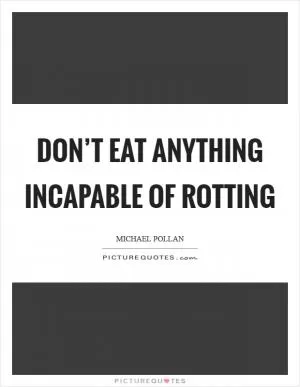


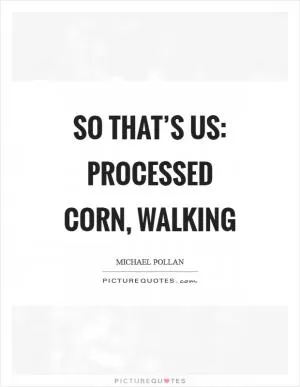

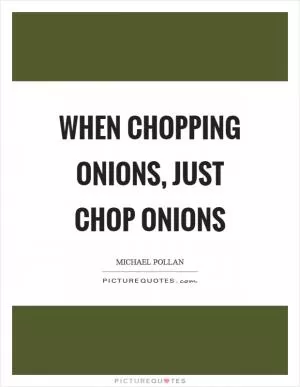


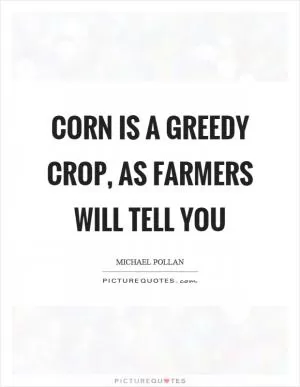

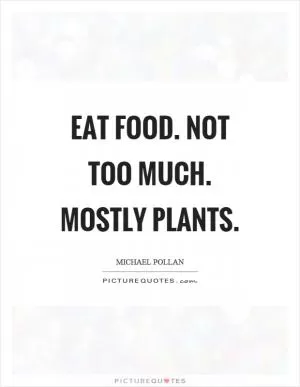
 Friendship Quotes
Friendship Quotes Love Quotes
Love Quotes Life Quotes
Life Quotes Funny Quotes
Funny Quotes Motivational Quotes
Motivational Quotes Inspirational Quotes
Inspirational Quotes